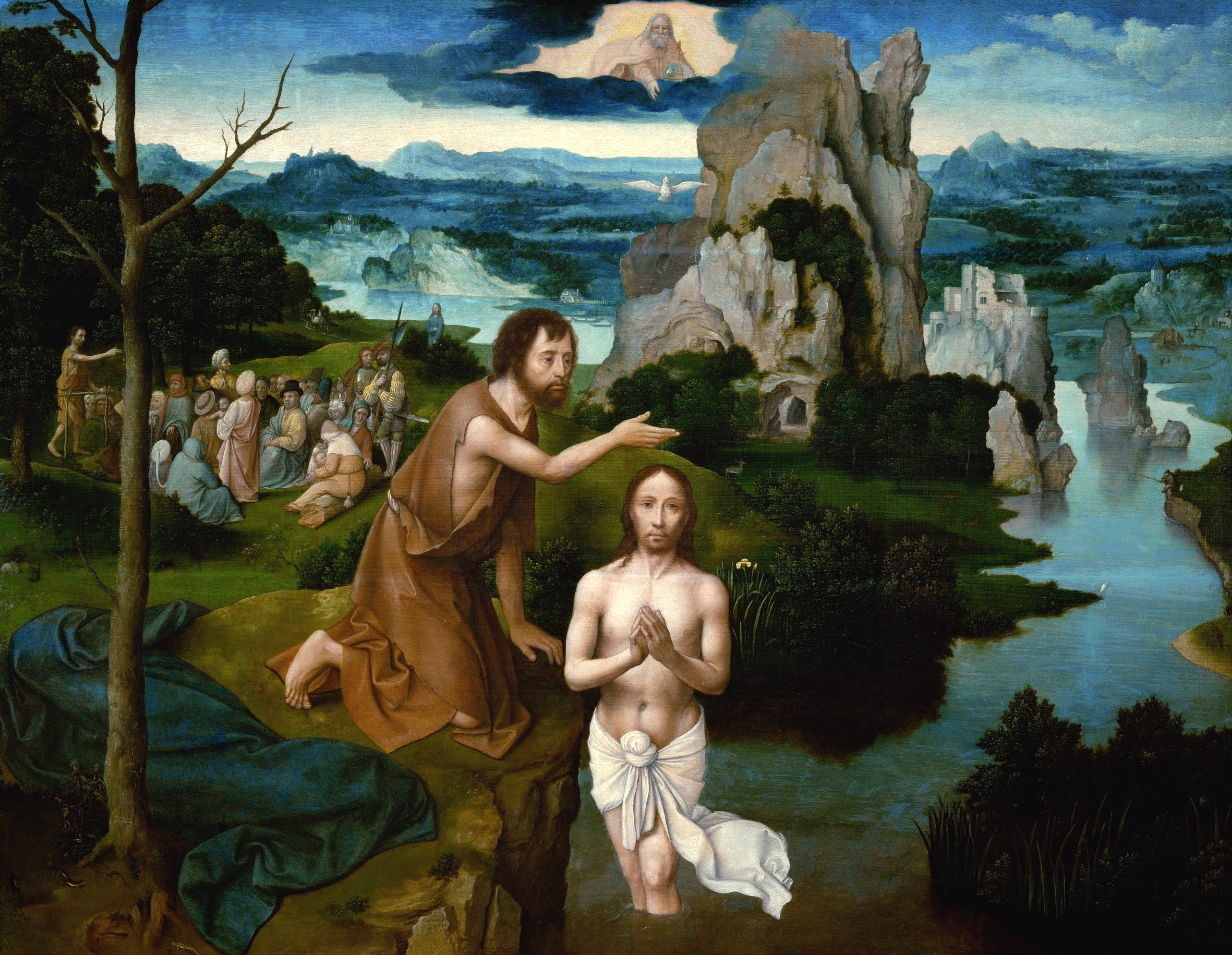 Here is an interesting and novel thought: what the Church does in ministry should reflect what the gospel is. I've been spurred along in this idea recently by Tim Keller, who argues that the gospel should fundamentally shape our doing of ministry. Following DA Carson, Keller argues that the gospel consists of three moments in Jesus life:
Here is an interesting and novel thought: what the Church does in ministry should reflect what the gospel is. I've been spurred along in this idea recently by Tim Keller, who argues that the gospel should fundamentally shape our doing of ministry. Following DA Carson, Keller argues that the gospel consists of three moments in Jesus life: - The Incarnation (what Keller describes as the upside-down aspect of the gospel) where Jesus, though he was rich, became poor, and made himself the servant of all. This creates a community of service, where people live out an alternative way of being human, seeking neither moral, financial or social superiority.
- The Atonement (the inside-out aspect of the gospel), which speaks of the way we are justified by grace and not by works. Grasping this changes the way we relate to God, to others and ourself.
- The Resurrection (the forward-back aspect of the gospel); Jesus is reigning now, and Christian live in the light of this reality, looking forward to the day when Jesus ushers in the new creation. So now we live by faith, hope and love, especially love.
Few churches will follow through on the implications of the gospel: the upside-down, inside-out, forward-back kingdom. But for Keller, the gospel is the Christian life, and the church that comprehends the Gospel of Jesus Christ will "champion and cultivate" all three aspects of the gospel.
Oliver O'Donovan proposes a similar idea in The Desire of the Nations, that the Church's life and ministry is a recapitulation of Jesus's own life and ministry. And what we see in the sacraments is a visual reflection of Jesus own kingdom announcement. O'Donovan traces God's political authority within Israel. The Lords reign is, first, an exercise of power that gives Israel
victory or salvation; it is, second, the execution of judgment or
justice within Israel; and it is, third, the establishment of Israel's
communal identity as a people existing over time (an identity connected
at first with the land and, later, with possession of the law). These
three aspect summarize what it means to say that the Lord rules as
king in Israel, and a fourth aspect is added by O'Donovan. The Lords rule is acknowledged—though not established—in the praise Israel, as a worshiping community, offers (which incidentally, provides a stinging critique of liberalism's view of authority).
These four aspects of God's kingship are recapitulated in the career of Jesus. He does mighty works of power that bring salvation; he proclaims the
judgment of Israel; he reforms the understanding of the law upon which
the identity of a restored Israel is based. The praise that acknowledges
Gods rule corresponds now to faith that recognizes the reign of God in
Jesus.These four moments are
- the advent of Christ to save
- the passion of Christ in which the judgment of the world is given
- the restoration of Christ, which affirms Israel's new identity in its representative
- the exaltation of Christ, the coronation of the one who has triumphed over the powers that oppose Gods rule.
"The church represents God's Kingdom by living under its rule, and by welcoming the world under its rule. It recapitulates the Christ-event in itself, and so proclaims the Christ-event to the world. The Christ-event, then, is the structuring principle for all ecclesiology, holding the key both to the church’s spontaneous ‘catholic’ existence and to its formal structure."
As Chris Swann has noted before, their are four moments that enact the distinctive shape of the church’s identity:
- Advent – gathering community – Baptism. Marked by the sign of baptism, the Church now gathers to herself those who acknowledge Jesus as Lord
- Passion – suffering community – Eucharist. Marked by the sign of the Eucharist, the Church now suffers—paradigmatically in her martyrs, but in countless other ways as well.
- Resurrection – glad community – Keeping the Lord’s Day. Marked by the sign of her keeping of the Lords day as a little Easter, the Church now rejoices in the restoration of the creation.
- Exaltation – community that speaks the words of God – Laying on of Hands. Marked by the sign of the laying on of hands, the Church now speaks Gods word in prophecy and prayer.
It's quite a big claim, "the structuring principle for all ecclesiology". And it's different to other accounts I hear of the Church's life and mission. Yet I find it quite compelling, that the life and ministry of Jesus Christ, the true Israel, orders the Church, giving it cohesion and definition.
Postscript
At this point it may seem that O'Donovan sees fours in everything, as O'Donovan also offers a tantalizing, though fleeting, correlation between these four moments of recapitulation and the order of ministry within the church:
- church gathers – ministry of recognising Christians – primatial bishop
- church suffers – ministry of suffering service – deacon
- church recovers creation order – ministry of instruction – presbyter-bishop
- church as prophet – ministry of diverse administration to build up the community – lay charism

2 comments:
Thanks Matthew ,
helpful stuff!
We are going to chew through Keller's 'Centre Church' as a staff team, so, good preview of his ecclesiology
Thanks Matthew ,
helpful stuff!
We are going to chew through Keller's 'Centre Church' as a staff team, so, good preview of his ecclesiology
Post a Comment